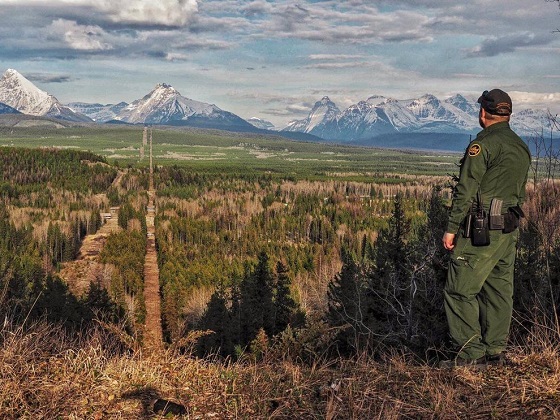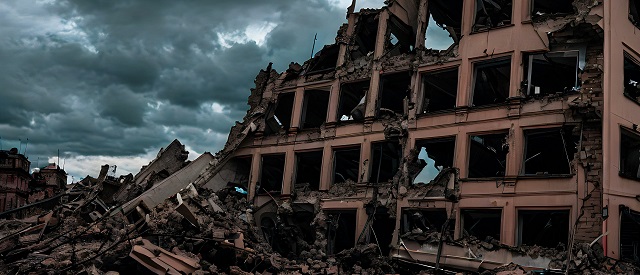Economy
Trudeau accused of lacking leadership after refusing to meet with premiers about carbon tax
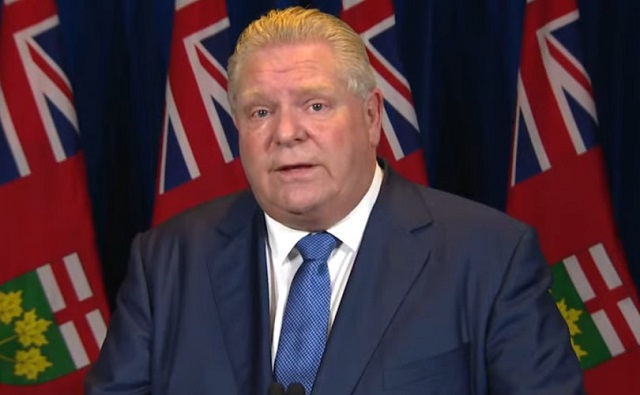
From LifeSiteNews
Ontario Premier Doug Ford called the prime minister’s answer ‘snarky.’
Prime Minister Justin Trudeau’s refusal to meet with five Canadian premiers, who have demanded a meeting with him to discuss the ever-escalating carbon tax that shot up 23 percent on April 1, shows he lacks any true “leadership,” quipped Saskatchewan Premier Scott Moe.
Last Thursday during an interview with the CBC’s Matt Galloway for an episode that aired-on April 4, Trudeau said he already “had” a meeting with the premiers in 2016 and will “continue to talk with premiers” about the carbon tax but will not meet with them soon.
Moe said Trudeau’s refusal to meet with the premiers is “not leadership.”
“Premiers have respectfully asked the Prime Minister for a meeting to discuss the carbon tax. Here is the snarky answer that we got,” Moe wrote Monday on X, with a link to a CBC report regarding Trudeau dismissing a full-out meeting with the premiers.
“That’s not leadership,” he added.
Shortly after the Trudeau government raised the carbon tax by 23 percent on April 1, the premiers of Alberta, Saskatchewan, Ontario, and New Brunswick all wrote letters to Trudeau asking him to convene an emergency first ministers meeting, to discuss the carbon tax’s detrimental effect on Canadians finances.
The first premier to write to Trudeau was Newfoundland and Labrador’s Andrew Furey, who wrote to him before April 1 demanding a meeting.
Last Thursday, Alberta Premier Danielle Smith in her letter to Trudeau wrote, “Albertans and Canadians are facing a cost-of-living crisis not seen in decades.”
“In March, natural gas was selling at less than $1.80 a gigajoule. Now that the carbon tax has increased to $4.09 per gigajoule, the tax alone is more than double what it costs Albertans to heat their homes. This is not just reckless, it is immoral and inhumane,” she wrote.
Ontario Premier Doug Ford in his letter to Trudeau said, “This carbon tax has to go, or in a year and a half, the prime minister’s going. It’s as simple as that. He will be going. I’ll guarantee you.”
Last Friday at a press conference, Ford said, “Taxing people doesn’t reduce emissions, and that’s what they’re doing. They’re hurting the economy. They’re hurting people. Unacceptable.”
Protests against Trudeau have been increasing in recent months due to the unpopularity of higher carbon taxes as well as other governmental policies.
LifeSiteNews reported last week that protesters let Trudeau know their true feelings about his tanking in the polls by heckling him with loud drum beats and screams during a press conference.
On April 1, Canada’s carbon tax, which was introduced by the government of Prime Minister Justin Trudeau in 2019, increased from $65 to $85 per tonne despite seven of 10 provincial premiers objecting to the increase and 70% of Canadians saying they are against it.
Trudeau has remained adamant that he will not pause the hikes.
As it stands, Canadians living in provinces under the federal carbon pricing scheme pay $65 per tonne, but the Trudeau government wants to increase this to $170 per tonne by 2030.
Recent polls show that the scandal-plagued government has sent the Liberals into a nosedive with no end in sight. Per a recent LifeSiteNews report, according to polls, in a Canadian federal election held today, Conservatives under leader Pierre Poilievre would win a majority in the House of Commons over Trudeau’s Liberals.
Trudeau’s government is trying to force net-zero regulations on all Canadian provinces, notably on electricity generation, as early as 2035. The provinces of Alberta and Saskatchewan are adamantly opposed to Trudeau’s 2035 goals.
The Trudeau government’s current environmental goals, which are in lockstep with the United Nations’ 2030 Agenda for Sustainable Development, include phasing out coal-fired power plants, reducing fertilizer usage, and curbing natural gas use over the coming decades.
The reduction and eventual elimination of the use of so-called “fossil fuels” and a transition to unreliable “green” energy has been pushed by the World Economic Forum (WEF) – the globalist group behind the socialist “Great Reset” agenda in which Trudeau and some of his cabinet are involved.
Economy
Canadians experiencing second-longest and third steepest decline in living standards in last 40 years

From the Fraser Institute
From 2019 to 2023, Canadian living standards declined—and as of the end of 2023, the decline had not yet ended, finds a new study published today by the Fraser Institute, an independent, non-partisan Canadian public policy think-tank.
“Despite claims to the contrary, living standards are declining in Canada,” said Grady Munro, policy analyst at the Fraser Institute and co-author of Changes in Per-Person GDP (Income): 1985 to 2023.
Specifically, from April 2019 to the end of 2023, inflation-adjusted per-person GDP, a broad measure of living standards, declined from $59,905 to $58,111 or by 3.0 per cent. This decline is exceeded only by the decline in 1989 to 1992 (-5.3 per cent) and 2008 to 2009 (-5.2 per cent). In other words, it’s the third-steepest decline in 40 years.
Moreover, the latest decline (which comprises 18 fiscal quarters) is already the second-longest in the last 40 years, surpassed only by the decline from 1989 to 1994 (which lasted 21 quarters). And if not stabilized in 2024, this decline could be the steepest and longest in four decades.
“The severity of the decline in living standards should be a wake-up call for policymakers across Canada to immediately enact fundamental policy reforms to help spur economic growth and productivity,” said Jason Clemens, study co-author and executive vice-president at the Fraser Institute.
- Real GDP per person is a broad measure of incomes (and consequently living standards). This paper analyzes changes in quarterly per-person GDP, adjusted for inflation from 1985 through to the end of 2023, the most recent data available at the time of writing.
- The study assesses the length (number of quarters) as well the percentage decline and the length of time required to recover the income lost during the decline.
- Over the period covered (1985 to 2023), Canada experienced nine periods of decline and recovery in real GDP per person.
- Of those nine periods, three (Q2 1989 to Q3 1994, Q3 2008 to Q4 2011, and Q2 2019 to Q2 2022) were most severe when comparing the length and depth of the declines along with number of quarters required for real GDP per person to recover.
- The experience following Q2 2019 is unlike any decline and recovery since 1985 because, though per person GDP recovered for one quarter in Q2 2022, it immediately began declining again and by Q4 2023 remains below the level in Q2 2019.
- This lack of meaningful recovery suggests that since mid-2019, Canada has experienced one of the longest and deepest declines in real GDP per person since 1985, exceeded only by the decline and recovery from Q2 1989 to Q3 1994.
- If per-capita GDP does not recover in 2024, this period may be the longest and largest decline in per-person GDP over the last four decades.
 Read the Full Report
Read the Full Report
Authors:
Economy
Feds spend $3 million to fly 182 politicians and bureaucrats to climate conference
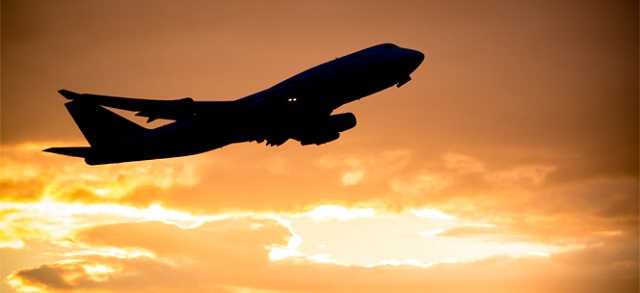
From the Canadian Taxpayers Federation
Author: Ryan Thorpe
Feds trip to COP28 in Dubai cost $3 million
The cost for Canada to send hundreds of people to COP28 in Dubai has doubled, rising to nearly $3 million, according to government records obtained by the Canadian Taxpayers Federation.
Included in those costs is $1.3 million the federal government dished out to host a “Canada Pavilion” at the summit, which featured a rapper performing a song on “climate disinformation,” while giving a shoutout to Environment Minister Steven Guilbeault.
“Nothing screams fighting climate change like flying around the world burning through jet fuel and millions of tax dollars,” said Franco Terrazzano, CTF Federal Director. “Here’s a crazy idea: maybe the feds don’t need to spend $3 million flying 182 politicians and bureaucrats to Dubai.”
The federal government paid for at least 182 people to go to COP28, held from Nov. 30 to Dec. 12, 2023, in Dubai, United Arab Emirates.
A previous report from the National Post pegged the cost for Canada’s delegation at $1.4 million.
But the bill now sits at $2,954,188, including $825,466 for transportation, $472,570 for accommodations and $295,455 for meals and incidentals, according to the records.
The records indicate the cost could rise even higher, as certain invoices and travel claims “have yet to be processed.”
Costs included $1.3 million for a “Canada Pavilion” to “showcase the breadth of Canadian climate leadership.”
At the Canada Pavilion, a Canadian rapper known as Baba Brinkman – the son of Liberal MP Joyce Murray – performed a rap on “climate disinformation.”
“Climate disinformation, get that immunization, the vaccine for bad meme infiltration,” Brinkman rapped. “Climate misinformation, it leads to polarization, which leads to radical conspiracy ideation.”
Environment Minister Steven Guilbeault also received a shoutout during Brinkman’s rap.
“Really? Hosting a rapper half-way around the world to drop rhymes at a government podium will help the environment?” Terrazzano said.
The records were released in response to an order paper question from Conservative MP Dan Mazier (Dauphin-Swan River-Neepawa).
Most of the hotel expenses came from the Dubai Marriott and the Premier Inn at the Dubai Investment Park, with rooms coming in between $150 and $400 per night.
The most expensive digs was a $816-per-night suite at the Pullman Dubai Jumeriah Lakes Towers, a “five-star hotel offering upscale accommodations.”
The Canadian delegation also handed out $650 worth of gifts during the trip.
-

 espionage12 hours ago
espionage12 hours agoThe Scientists Who Came in From the Cold: Canada’s National Microbiology Laboratory Scandal, Part I
-

 Economy1 day ago
Economy1 day agoCanadians experiencing second-longest and third steepest decline in living standards in last 40 years
-
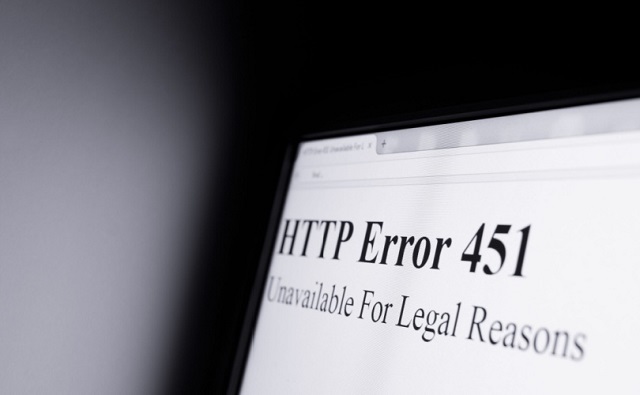
 National11 hours ago
National11 hours agoTrudeau’s internet censorship Bill C-11 will not be implemented until late 2025
-
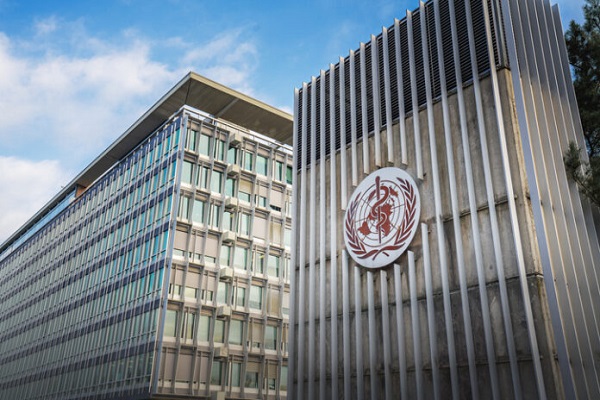
 Great Reset1 day ago
Great Reset1 day agoBiden Administration Eager to Sign WHO Pandemic Treaty
-
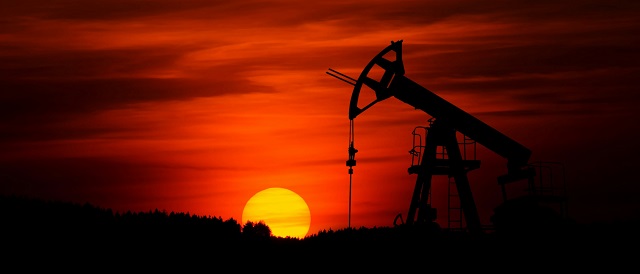
 Energy1 day ago
Energy1 day agoNew Report Reveals Just How Energy Rich America Really Is
-

 Opinion1 day ago
Opinion1 day agoOrdinary working Canadians are not buying into transgender identity politics
-

 Economy1 day ago
Economy1 day agoFeds spend $3 million to fly 182 politicians and bureaucrats to climate conference
-
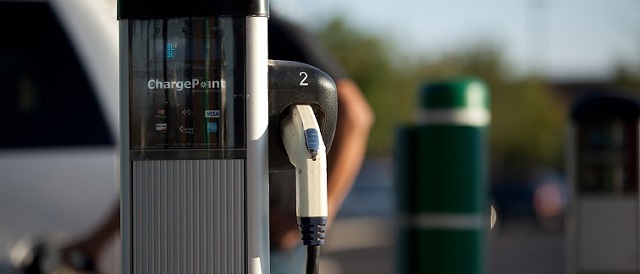
 Automotive1 day ago
Automotive1 day agoBiden’s Climate Agenda Is Running Headfirst Into A Wall Of His Own Making










